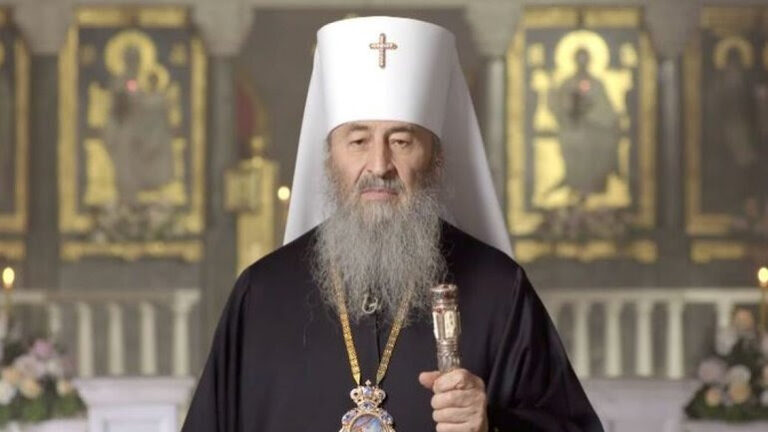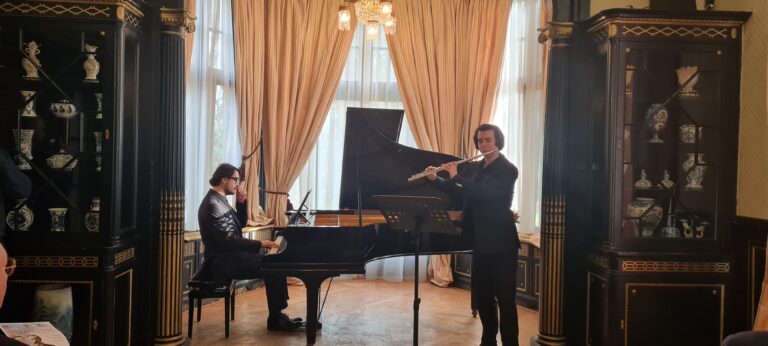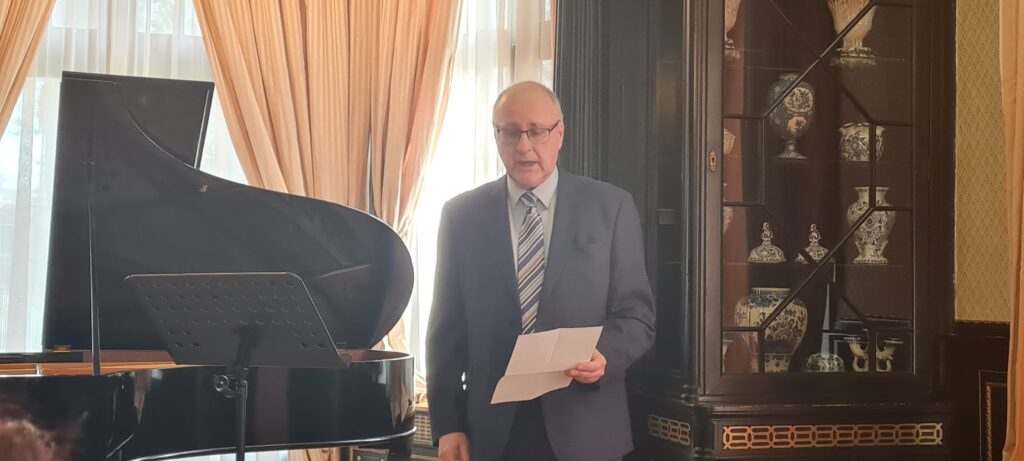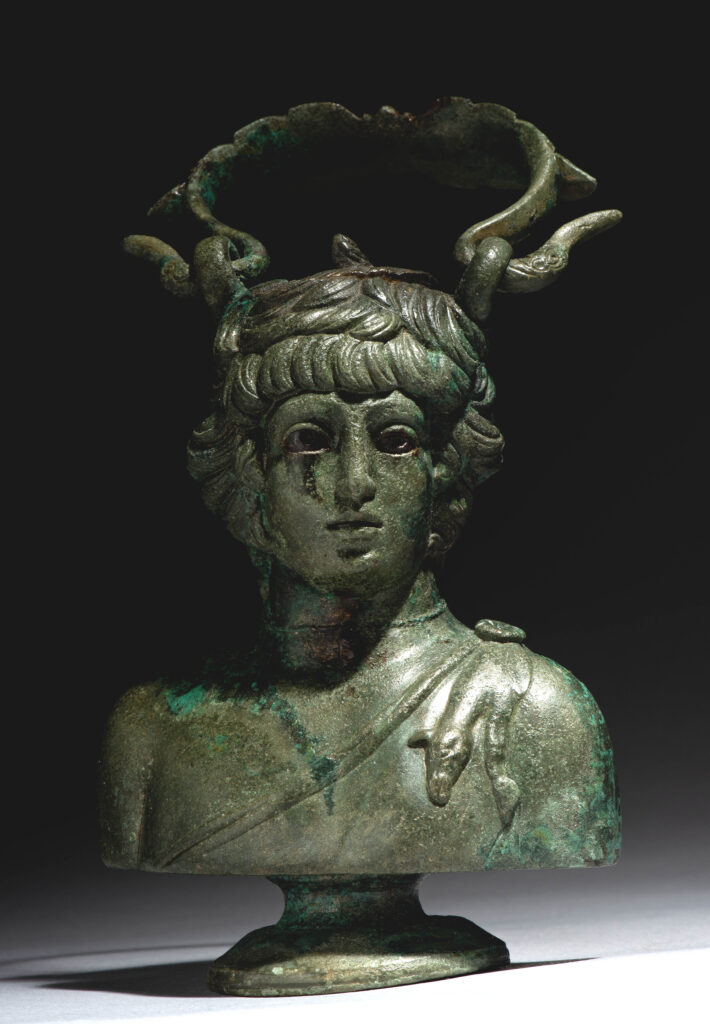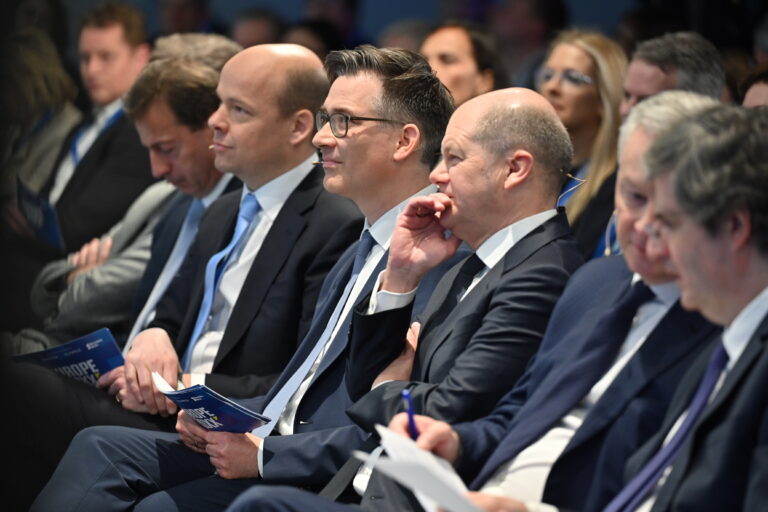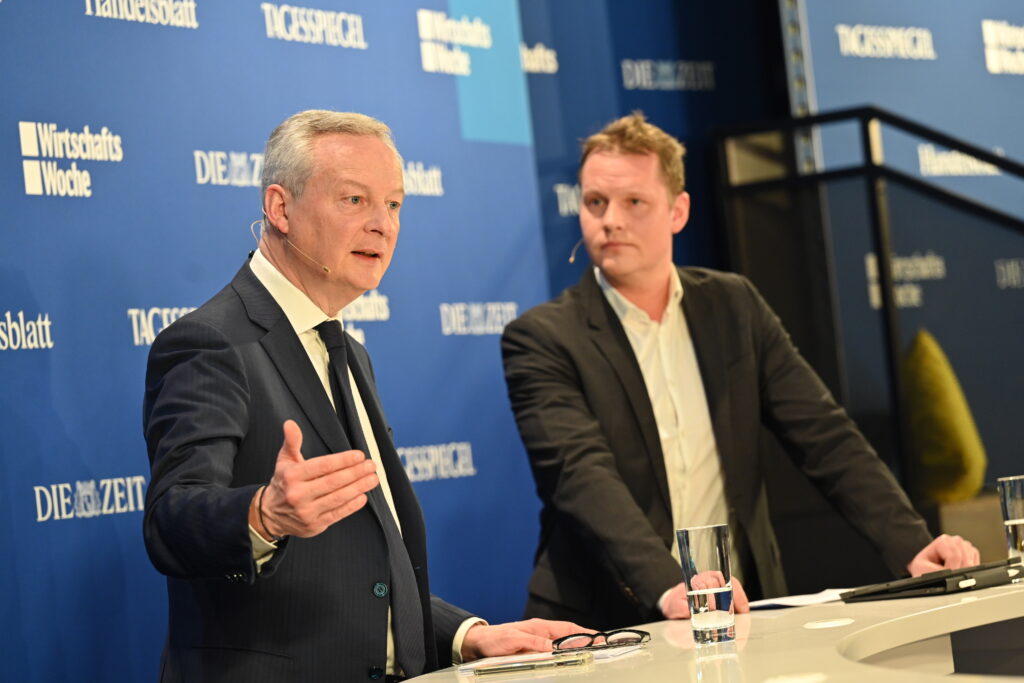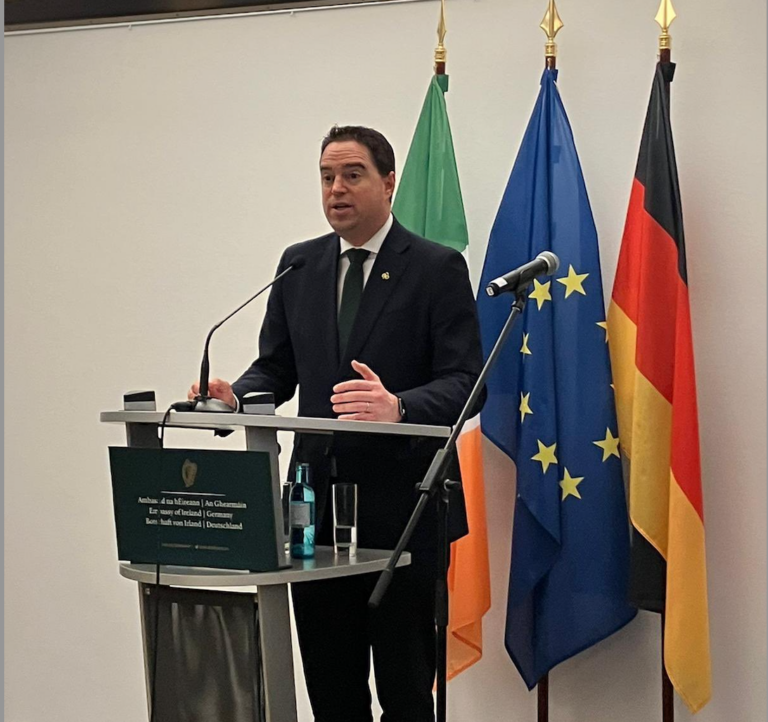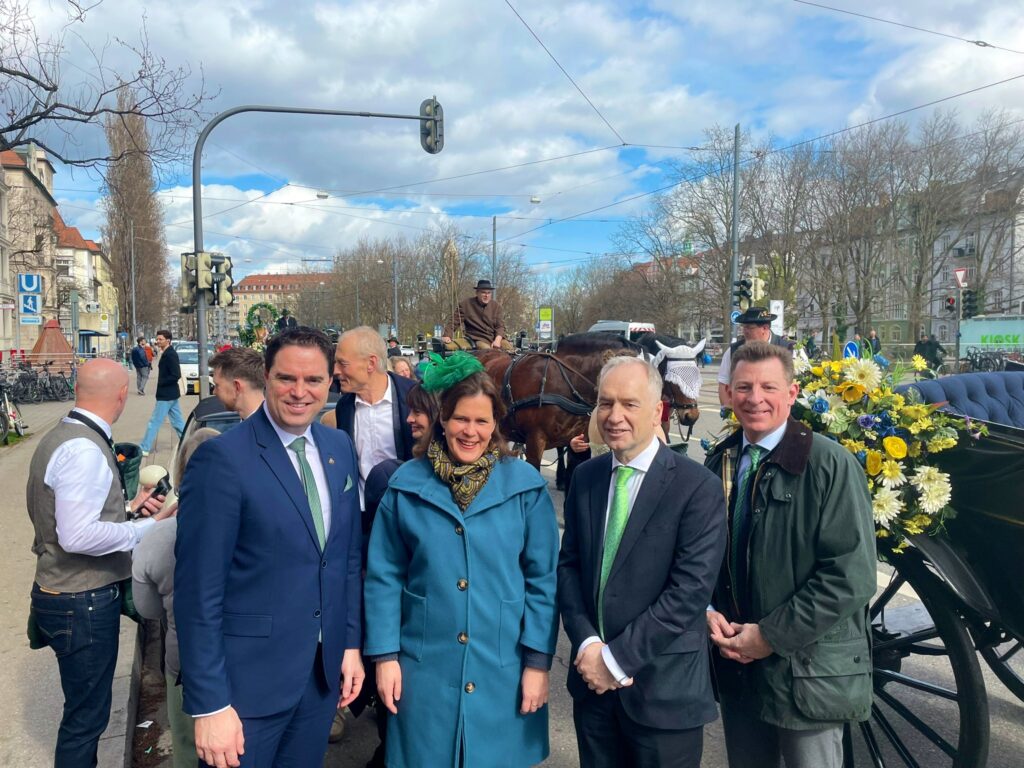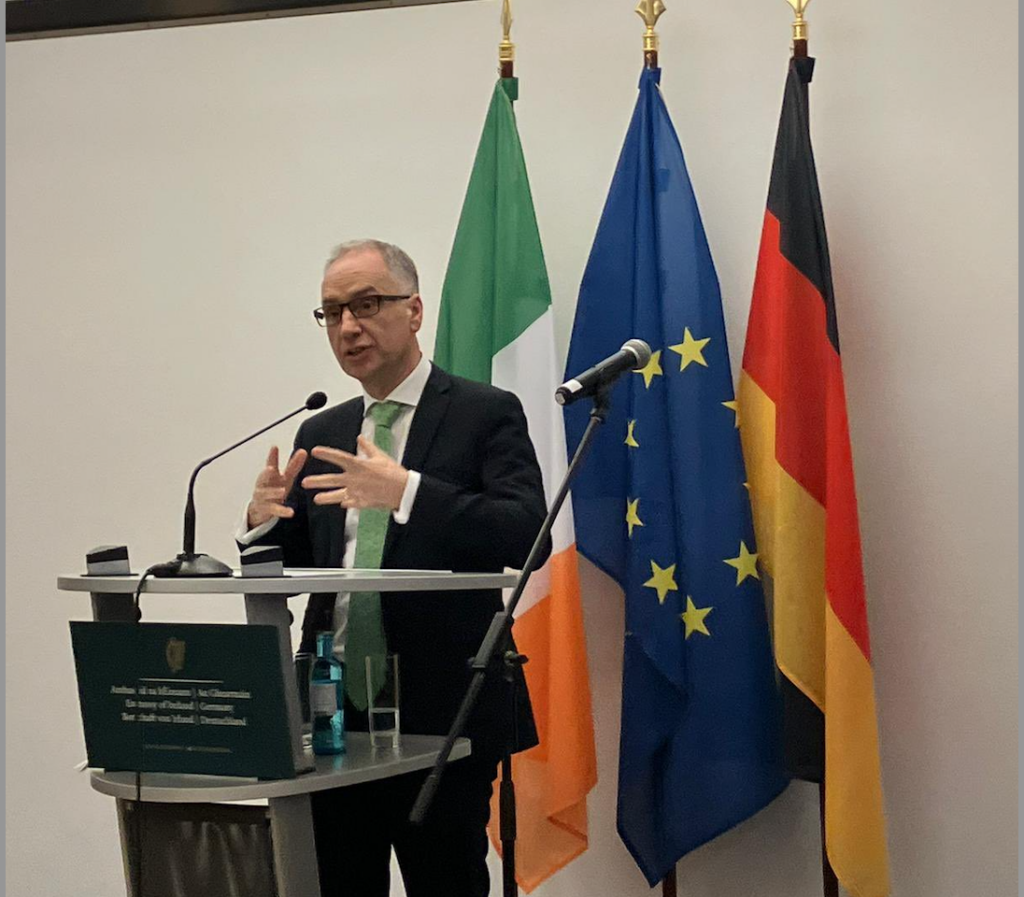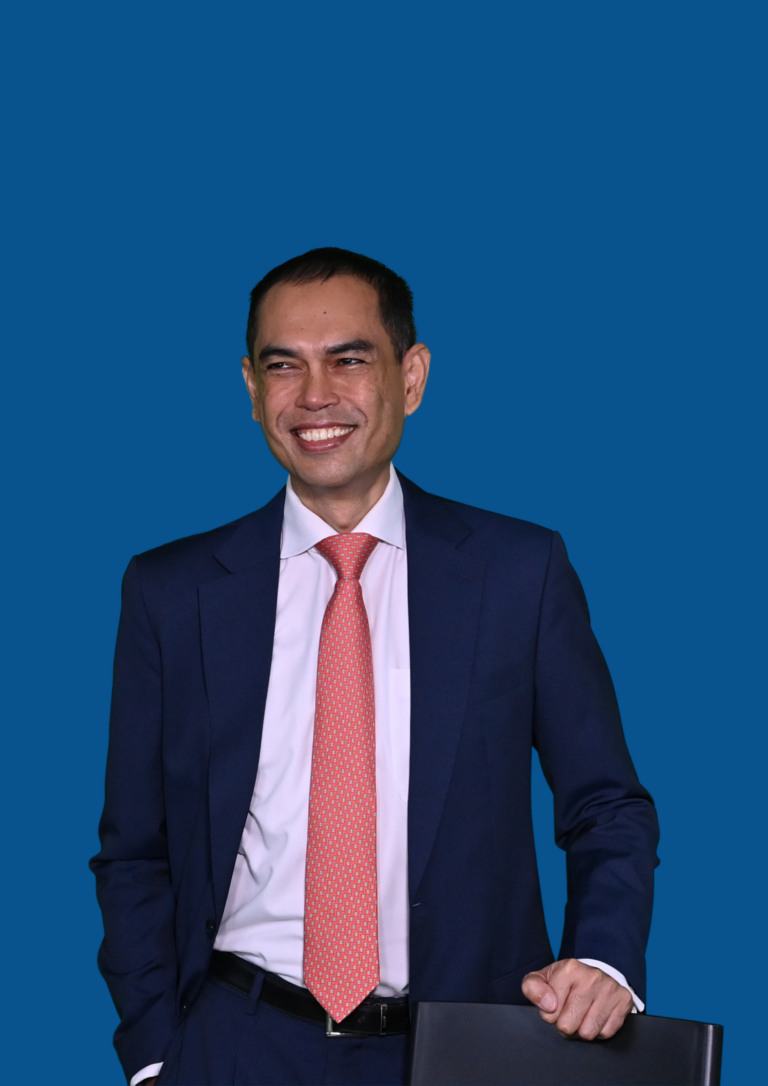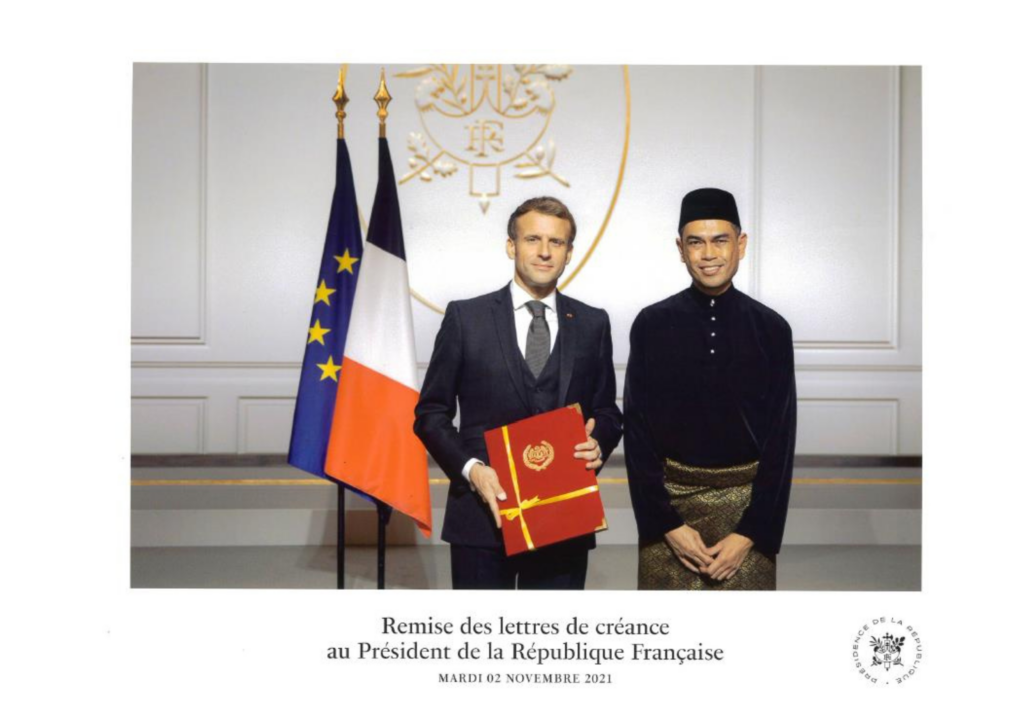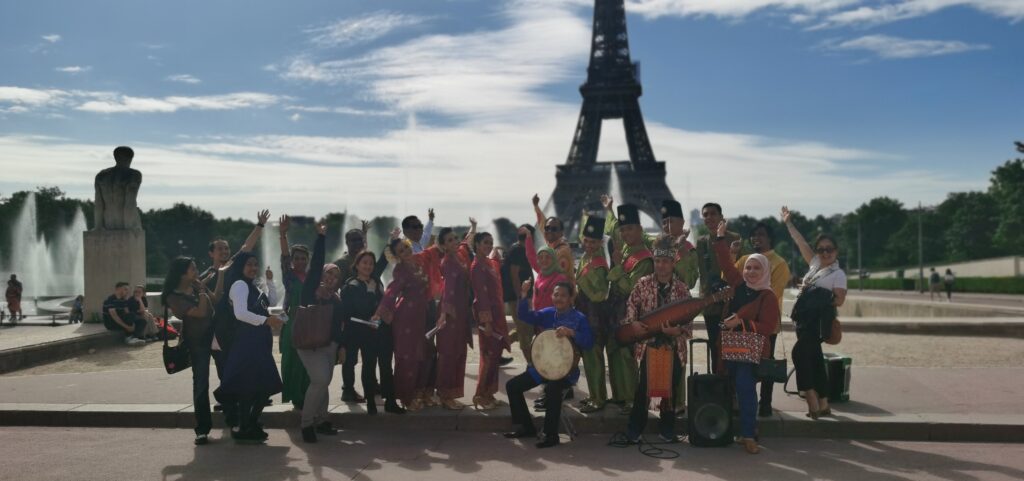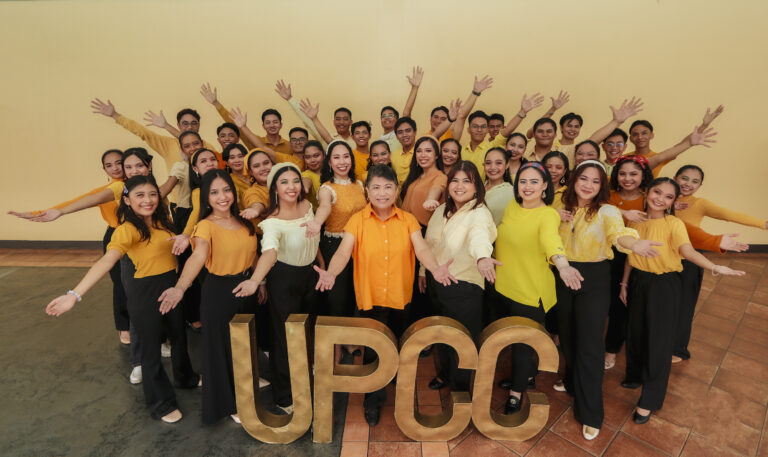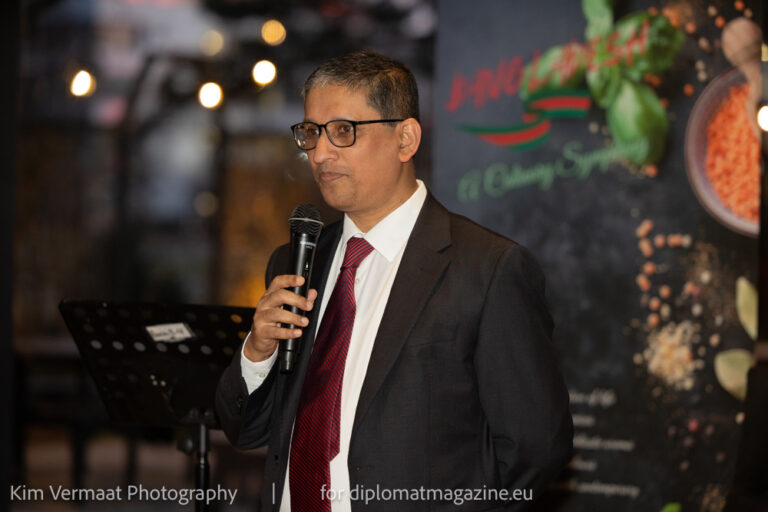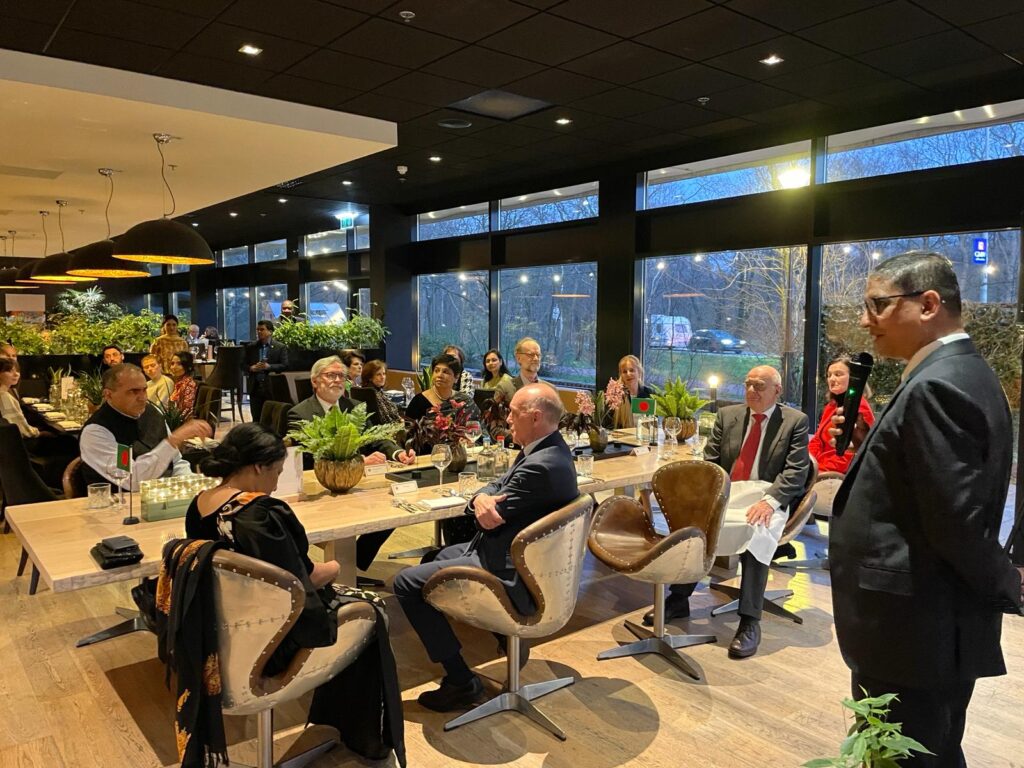No, but the country faces a dilemma in how to deal with an Orthodox church controlled by Russia.
By Jillian Kay Melchior
Wall Street Journal (22.03.2024) – Opponents of U.S. aid to Ukraine claim the country persecutes Christians. “When American leaders frame this as a war for democracy and human rights, it would be good if the recipient of the aid was a little bit more careful of human rights, including religious liberties,” Sen. J.D. Vance (R., Ohio) says in an interview this week. Ukraine “is doing some pretty bad stuff,” he adds, citing “news reports of priests being investigated, church assets being seized and priests being arrested.”
Ukrainians have “invaded churches, they’ve arrested priests,” according to Sen. Rand Paul (R., Ky.). Rep. Paul Gosar (R., Ariz.) says Kyiv has “banned Ukraine’s oldest and largest denomination, the Ukrainian Orthodox Church.” Tucker Carlson last year said President Volodymyr Zelensky “banned a Christian faith in his country and arrested nuns and priests.” In a Republican presidential debate, Vivek Ramaswamy said: “Do you want to use U.S. taxpayer money to fund the banning of Christians? That is actually what’s happening.”
Steven Moore, a former Capitol Hill staffer and now president of the Kyiv-based Ukraine Freedom Project, visited some 100 GOP congressional offices between September and January. About a third “said they’re concerned about Zelensky persecuting Ukrainian Christians,” he says.
This narrative—the product of a public-relations and lobbying campaign—sounds bad. But it’s false, and Americans in particular should appreciate Ukraine’s dilemma. After Sept. 11, the U.S. sought to safeguard religious freedom while protecting itself from Islamic terrorism. Ukraine seeks to uphold religious liberty while addressing Russia’s power over the Ukrainian Orthodox Church, which supports the Kremlin.
The story begins in the Soviet Union. After the 1917 revolution, Orthodox Christians went underground and proved resilient under persecution. Stalin concluded that if he couldn’t extinguish Christianity, he would co-opt it instead. Beginning in 1943, he re-established the Moscow Patriarchate of the Russian Orthodox Church and reopened churches and seminaries—under state control. This official religious life “could be surveilled, regulated, taxed and, most critically, used to accomplish political goals,” writes Kathryn David, a U.S. State Department historian.
After the Soviet collapse, evidence emerged of extensive ties between the Russian Orthodox Church and the KGB. Last year two Swiss publications reported that among the KGB agents in the church was Vladimir Gundyaev, known today as Patriarch Kirill of Moscow, head of the Russian Orthodox Church since 2009. (The church didn’t respond to my query about the Swiss reports. Patriarch Kirill’s nephew has said his uncle “was not an agent, although he was subjected to ‘strict controls’ by the KGB.”)
Canada, the U.K. and the Czech Republic imposed sanctions against Patriarch Kirill over his support for Vladimir Putin’s war in Ukraine. Nina Shea of the Hudson Institute’s Center for Religious Freedom says the Russian church’s justification of the war is “comparable to jihad, holy war in Islam.” The patriarch has claimed those who die during military duty have made a sacrifice that “washes away all the sins that a person has committed.”
The Ukrainian Orthodox Church historically operated as a subordinate branch of the Russian Orthodox Church. The Institute for the Study of War reports the Ukrainian church “provided material support for Russia’s initial invasion of Crimea and Eastern Ukraine in 2014,” and Russian soldiers used church buildings “as military storage depots, garrisons, field hospitals, and even fighting positions during Russia’s full-scale invasion of Ukraine.”
The Ukrainian church condemned the 2022 invasion, appealed for negotiations, expressed disagreement with Patriarch Kirill and said it had made statutory changes testifying to its “complete autonomy and independence.” But the Russian Orthodox Church website lists more than 100 members of the Ukrainian Orthodox Church as members of its episcopate. Many are also currently listed by the Ukrainian Orthodox Church.
Robert Amsterdam, a lawyer representing the Ukrainian Orthodox Church, says it “severed all administrative ties from the ROC when the present conflict began,” including “withdrawing their senior members and bishops from the synod of the ROC. The UOC cannot control what the ROC says or does on its websites, and obviously the Russians have their own separate agenda to misrepresent the independence of the Church.” He also says the “canonical or spiritual connection” between the churches “is not the jurisdiction of politicians to alter.”
Some 22 Ukrainian Orthodox Church officials have been convicted of unlawful collaboration with Russians or other war-related crimes, according to Viktor Yelenskyi, Ukraine’s top executive official on matters of religion and freedom of conscience. Priests have been convicted for informing Russia of Ukrainian positions and otherwise spying and for disseminating propaganda urging the government’s overthrow. Mr. Yelenskyi estimates another 72 people connected with the church are subject to criminal proceedings or have been issued notice of suspicion. Mr. Amsterdam said “fewer than 1% of UOC members have been found to have issues.”
Russia uses the church as “a channel of influence, as a kind of soft power,” and it controls senior Ukrainian Orthodox Church leaders through “blackmails, compromise, and they also bribe them,” says Cyril Hovorun, a former theological counselor to Patriarch Kirill who broke with him over his support for Mr. Putin and now lives in exile. (The Russian Orthodox Church didn’t respond to a request for comment.) Mr. Yelenskyi argues “the core problem is not in this handful of collaborators” but “the whole structure, which transmits Russian ideas and Russian narratives and is a channel of Russian influence. . . . It’s a threat to the national security of Ukraine to have ties to a body subordinated to Russia’s militaristic machine.”

